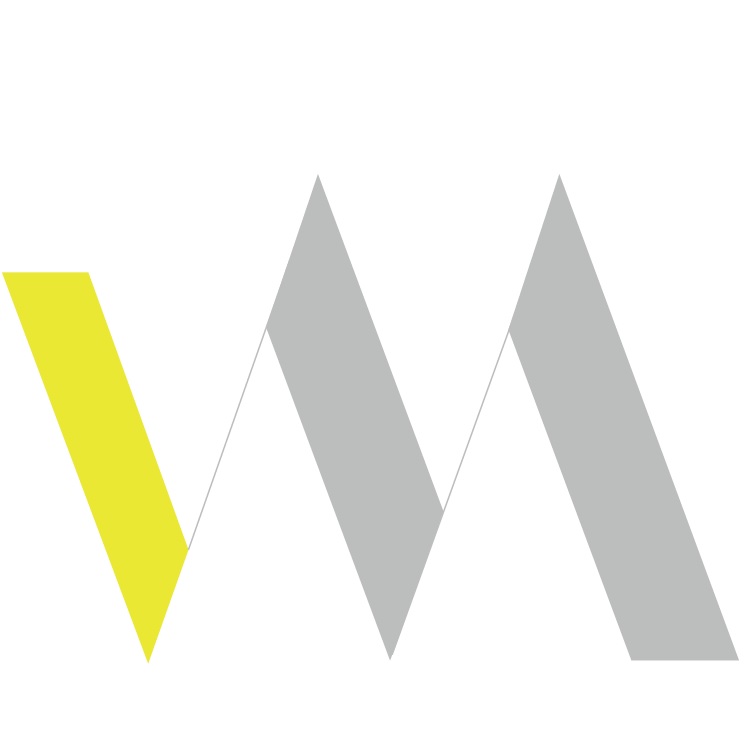 Right now ex-industrial cities, that were developed around important factories, are facing the big issue of new identity reshaping. A huge heritage is conserved in this realities and it is not always profitably managed in order to preserve and communicate the memories related to it. On the other hand, traditional museums and archives are nowadays facing renovation processes, which include the attempt to expand their boundaries in the through digital and virtual means, maintaining the same physical structures. The Virtual Museum wants to give a practical support to solve these problems, enhancing the development processes of cities, archives and museums. An open, flexible, dynamic web platform was designed. The Virtual Museum allows one to surf in the data flow of urban statements, uploaded in the server not only by formal institutions, but also by normal users. This bottom-up approach is an useful instrument not only to increase traditional archive boundaries, but also to create a strongly interconnected community within the users. Even if the input is a chaotic memories tangle, the output is a structured collection of documents, which are organized in layers and geolocalized in the shared city. In this way, the memories leave signs in the city, which can be discovered by the people taking advantage of a serendipity process. The platform was conceived to respond to the necessities of the city of Ivrea (Italy) and Huneodoara (Romania), taken as case study cities for the project. This two cities share the same ex-industrial essence, but for historical, social and economical causes they are deeply different. This is the reason why the model was set on these two realities, its structure is adaptable and it could be extended, with the possible future collaboration of external institutions such as the UNESCO, to all the post-industrial realities of the world.
Right now ex-industrial cities, that were developed around important factories, are facing the big issue of new identity reshaping. A huge heritage is conserved in this realities and it is not always profitably managed in order to preserve and communicate the memories related to it. On the other hand, traditional museums and archives are nowadays facing renovation processes, which include the attempt to expand their boundaries in the through digital and virtual means, maintaining the same physical structures. The Virtual Museum wants to give a practical support to solve these problems, enhancing the development processes of cities, archives and museums. An open, flexible, dynamic web platform was designed. The Virtual Museum allows one to surf in the data flow of urban statements, uploaded in the server not only by formal institutions, but also by normal users. This bottom-up approach is an useful instrument not only to increase traditional archive boundaries, but also to create a strongly interconnected community within the users. Even if the input is a chaotic memories tangle, the output is a structured collection of documents, which are organized in layers and geolocalized in the shared city. In this way, the memories leave signs in the city, which can be discovered by the people taking advantage of a serendipity process. The platform was conceived to respond to the necessities of the city of Ivrea (Italy) and Huneodoara (Romania), taken as case study cities for the project. This two cities share the same ex-industrial essence, but for historical, social and economical causes they are deeply different. This is the reason why the model was set on these two realities, its structure is adaptable and it could be extended, with the possible future collaboration of external institutions such as the UNESCO, to all the post-industrial realities of the world.
Principal academic tutors
Patrizia Bonifazio – Politecnico di Milano – DASTU, Dipartimento di Architettura e Studi Urbani
Alessandro de Magistris – Politecnico di Milano – DASTU, Dipartimento di Architettura e Studi Urbani
Academic tutors
Carolina Di Biase – Politecnico di Milano – DASTU, Dipartimento di Architettura e Studi Urbani
Agata Spaziante – Politecnico di Torino – DIST, Dipartimento Interateneo di Scienze, Progetto e Politiche del Territorio
Oana Tiganea – Politecnico di Milano – DASTU, Dipartimento di Architettura e Studi Urbani
External institutions
Meta(Lab) at Harvard
Comune di Ivrea
Fondazione Adriano Olivetti
Asociatia Ordinul Cavalerilor Hunedoara
External tutors
Giovanna Codato – Comune di Ivrea
Gabriel Demeny – Asociatia Ordinul Cavalerilor Huneodoara
Laura Olivetti – Fondazione Adriano Olivetti
Jeffrey Schnapp – metaLAB (at) Harvard
Team members
Martina Alterini – Politecnico di Torino – Architecture
Chiara Fauda Pichet – Politecnico di Milano – Interior Design [team controller & communication coordinator]
Chiara Fraticelli – Politecnico di Milano – Urban Planning
Eloisa Gattiglio – Politecnico di Torino – Building Engineering
Camilla Guadalupi – Politecnico di Torino – Urban Planning
Francesco Savoini – Politecnico di Milano – Architecture
